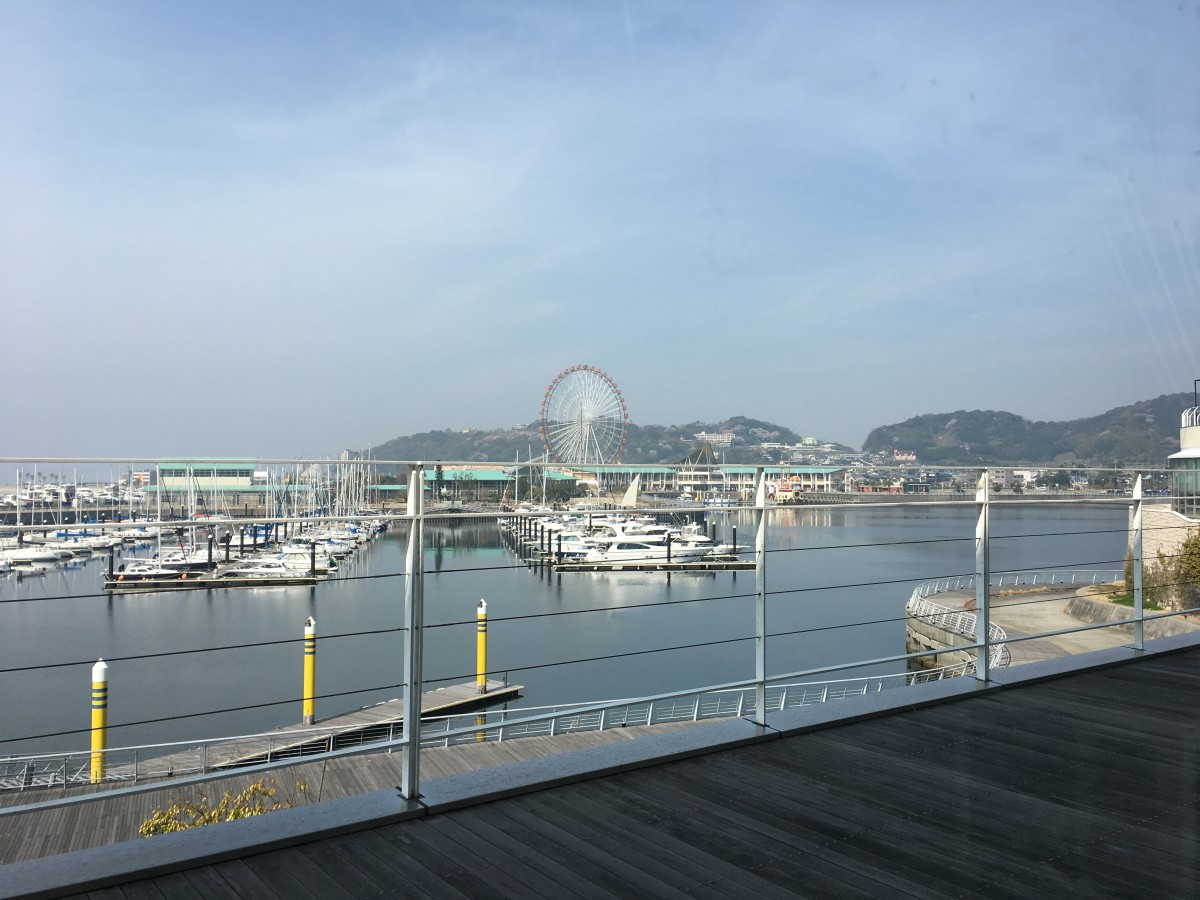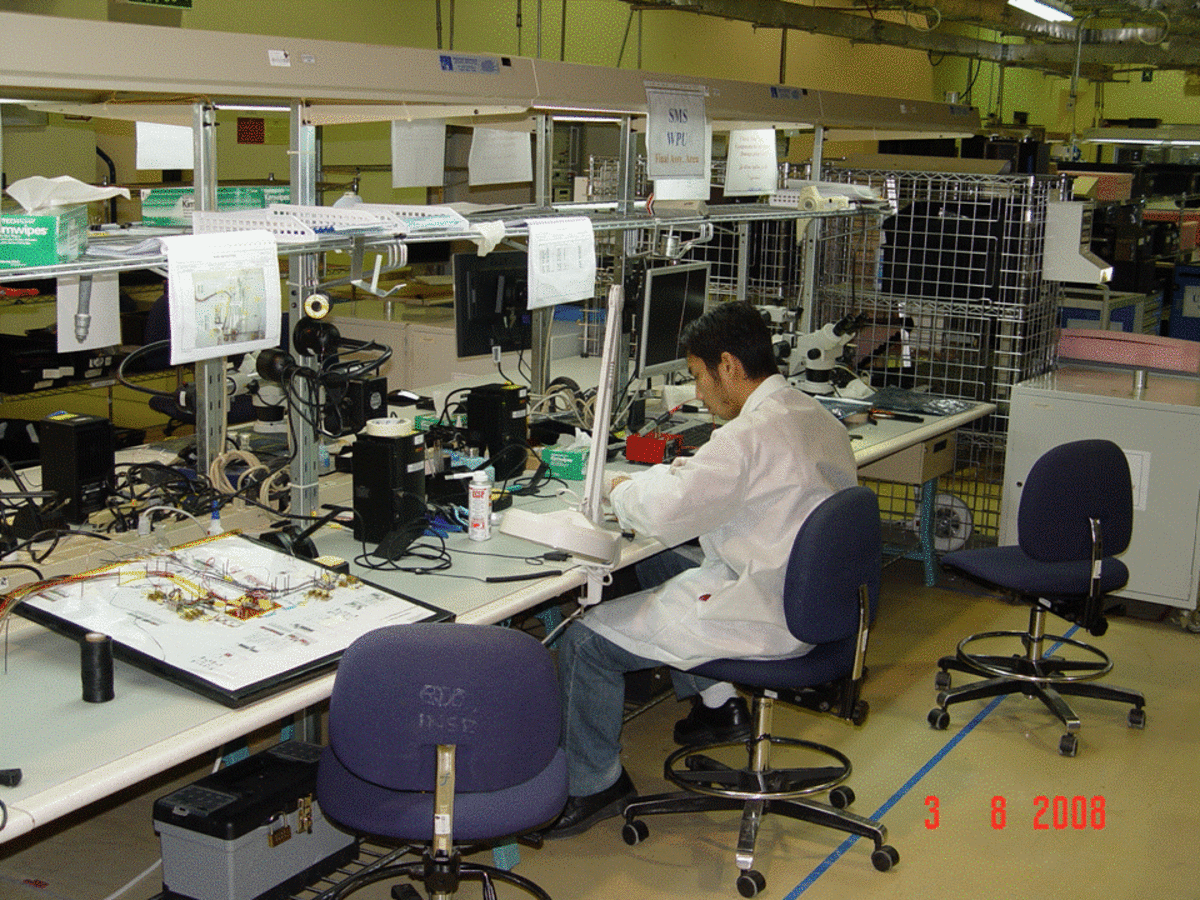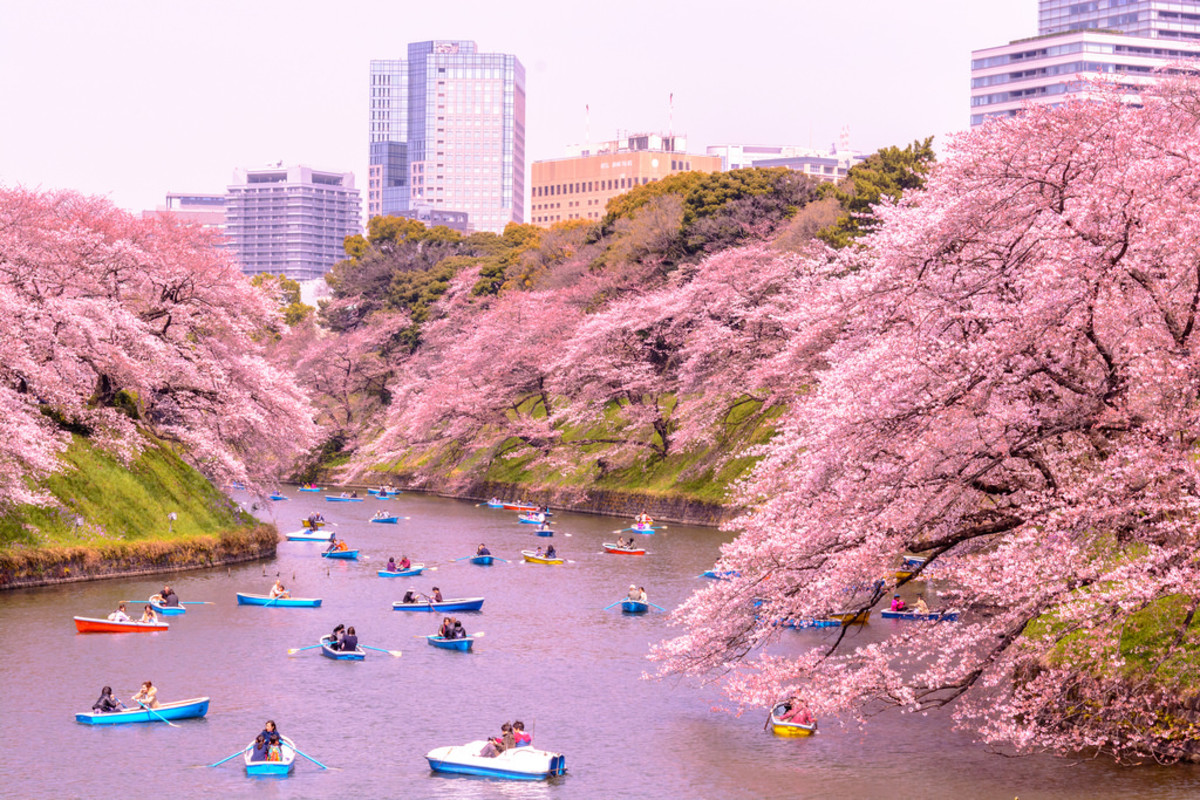- HubPages»
- Travel and Places»
- Visiting Asia»
- Eastern Asia
Is Japan an expensive country for expats and tourists? The truth behind the hyperbole
Japan’s reputation for being an expensive country has outlived its postwar period economic boom, which ended so dramatically in the 1990s. Its image can be off-putting for potential tourists and expatriates, but its reputation is exaggerated, as this article will hopefully demonstrate. Living in Kansai, I have chosen examples largely from this region. Tokyo prices can be higher, but in some ways – for example the public transportation system – it’s actually cheaper. I also compare Japan with the UK, which has nothing like the same reputation overseas.
The Myth of Expensive Japan
Western journalists, for reasons known only to them, appear very keen to continue the “rip-off Japan” storyline. While the cost of living in most countries is measured by the cost of everyday essential items relative to incomes, Japan seems to be judged largely by the absolute cost of watermelons. It is true; watermelons in Japan are ludicrously and – for many people – prohibitively expensive. Are watermelons representative of general living costs? No. Are watermelons even representative of the cost of other fruit and vegetables? Not really. Bananas, for example, can be bought for 100-200 yen for a small bunch. Potatoes and onions are similarly priced quite reasonably. Since Japan imports so much of its food, it is not surprising that fruit and vegetables can be on the pricey side, but there are always cheap options, should you look for them.
One of the reasons that Japan has become seemingly more expensive is the current high value of the Japanese Yen. The Yen is considered a safe currency for investors during volatile global economic conditions. Americans, Canadians, Australians and Brits who are paid in their home currencies will undoubtedly be struggling to cope with their pay cuts in real terms. Likewise, tourists from these countries are likely to find their budgets stretched. Since Japan already has a reputation as a pricey place to visit, poor exchange rates are likely to frighten away even greater numbers of would-be visitors.
I live in Osaka, Japan’s second most expensive city. Here is a breakdown of the cost of living in this region of Japan for expats, and also a review of some typical expenses for tourists.
Japan for Expats
The cost of housing is a good place to start. The majority of working westerners from English-speaking countries in Japan are teachers. Teachers are usually paid 250,000 yen a month. For 70,000 to 80,000 yen it is possible to find a nice two bedroom unfurnished apartment in central Osaka, which would suffice for a couple or single person. As a rule of thumb, an apartment should cost no more than a third of one’s income. 75,000 is, of course, exactly one third of 250,000 yen. Obviously, considerable savings can be made for couples or sharers. For comparison, a Londoner on a typical graduate starting salary of 18-25,000 pounds would probably find it impossible to rent an equivalent place in a nice, central area by themselves.
Food in grocery stores can be expensive, but you can complement your trip to the supermarket with a journey to your local 100 yen store. 100 yen stores offer staggeringly good value. It is possible to buy dried pasta, pasta sauces, fruit and vegetables (admittedly excluding melons), curry sauces, eggs, noodles, soup, herbs and spices, milk, fruit juice, candy, chocolate and countless other food items for – that’s it – 100 yen. You can also buy, for example, stationary, cleaning products, batteries, small electronic items and cutlery. Often you can see the same items in other stores for three or four times the price.
Dining out, especially in everyday places where they serve, for example, Japanese curry, udon or “tonkatsu” (breaded pork cutlets usually served with salad, rice and miso soup) is strangely cheap compared to buying ingredients and cooking yourself. A filling bowl of udon costs from 300 yen. Japanese curry and rice starts from between 500 and 600 yen, and at Yayoiken, a popular chain, you can buy a full set meal for around 650 yen. If you budget for up to 1000 yen, you’ll have a huge amount of choice for dinner or lunch. Of course you can spend much more, but you don’t need to.
Alcohol varies in price. Spirits, especially whisky, are very cheap. A tall can of beer (or as it’s known in the UK, “a can of beer” because we don’t really have the small kinds) costs up to 300 yen in a convenience store for the nicer brands. Other “alco-pops” are priced similarly. IF you’re drinking out, there are cheap Japanese bars where you can get a beer for 280 yen, while in others you can pay 450 or 500 yen for a medium-sized glass. Again, you can pay more if you want to write a “Japan is really expensive” story but you don’t have to. Lots of bars also have half-price happy hours, of which you should be able to take advantage.
Japan for tourists
The high value of the Yen in relation to many other currencies at present makes Japan a relatively expensive destination for tourists from the US, the UK, Canada, Australia and New Zealand. However, by planning your trip properly – for example, by buying a Japan Rail Pass – you will be able to have a good time on a reasonable budget. Access to temples, for example, is very cheap. Todaiji in Nara, one of Japan’s grandest buildings, costs just 500 yen to enter. Other attractions are reasonably priced. Osaka Aquarium, considered one of the best in Japan and the world, is 2000 yen to enter. Universal Studios Japan costs 5,800 yen for a day pass. Prices are not astronomical, even if the exchange rate currently is.
Hotels can be well-priced too. Breakfast can be very expensive (often over 2000 yen extra per person per day) but since there is apparently one restaurant for every 80 people in Japan you’ll suffer no inconvenience by skipping this and enjoying breakfast elsewhere. Three-star hotels in Tokyo can often be booked online for under US$100 per night, which would be very difficult to match in London.
In at least 90% of the restaurants in Osaka it is possible to eat and drink well for around 3000 yen. All-you-can-eat-and-drink deals are available in some surprisingly sophisticated establishments (buffet restaurants are common) and the standard price is 3000 yen for women and 3500 for men. This, I hastened to add, includes the cost of alcoholic drinks.
In conclusion, Japan has of course become more expensive for expats who are paid in their home currency and tourists. However, Japan’s expensiveness is nowhere near as extreme as its outdated reputation suggests. If you plan properly then you can see a lot of Japan and have plenty of fun without breaking your budget. For those being paid in Yen, you have little to worry about. Saving is easily possible and, indeed, remitting large sums of money has been made easier by the exchange rate. Prices may be generally lower in the States and Canada but Brits and Australians are generally surprised by the low living costs relative to their home countries. If you can live without watermelons, you have nothing to fear.







